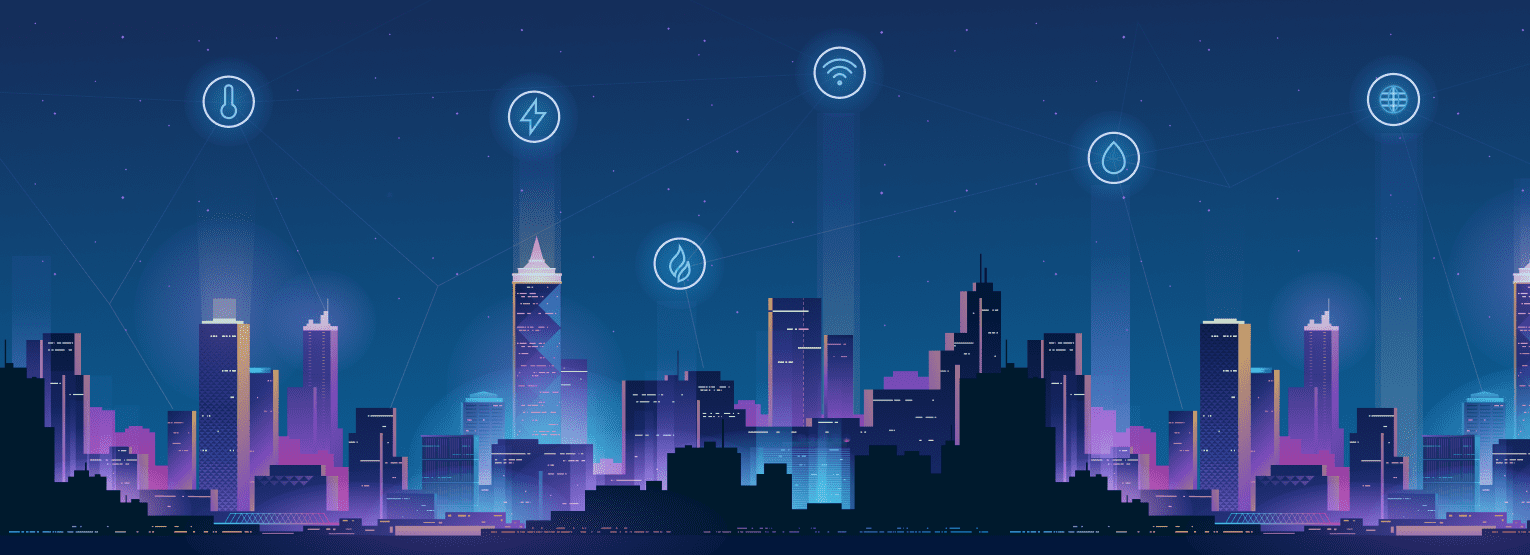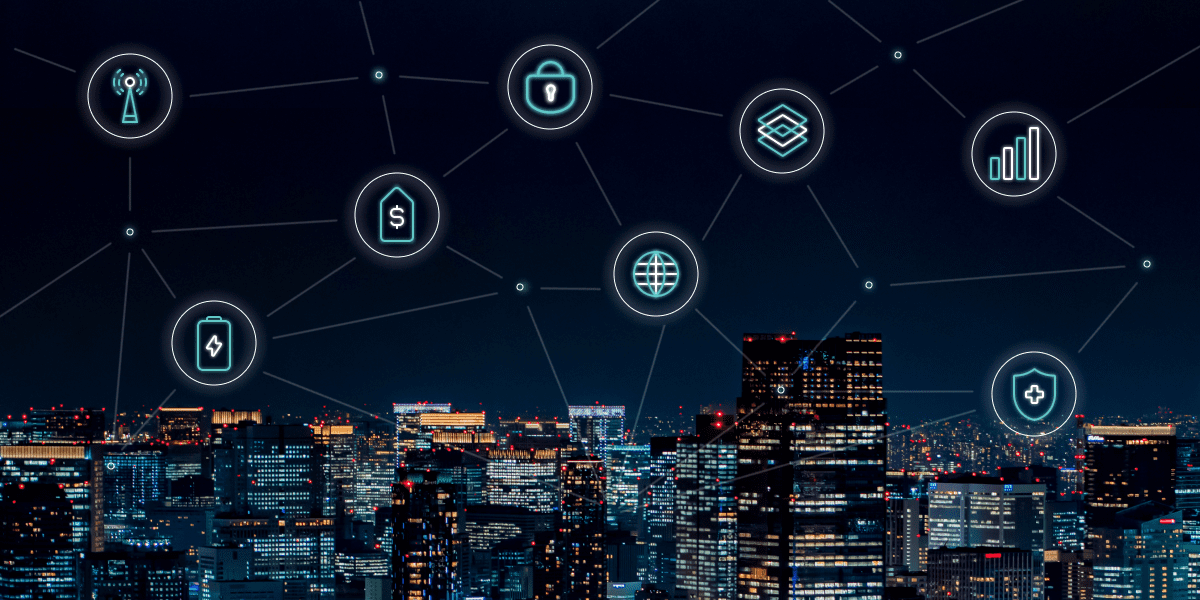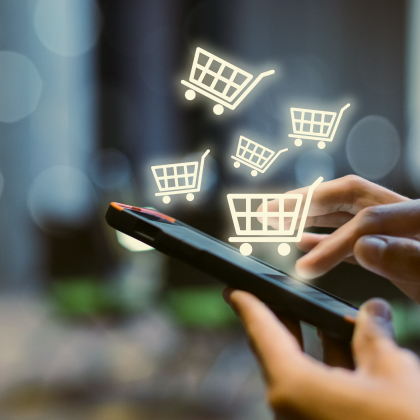Smart City - Blog - Remote resource metering: how IoT networks optimize the municipality’s operations
20.11.2023
 1778
1778

Remote resource metering: how IoT networks optimize the municipality’s operations

Remote resource metering as part of smart city development allows municipalities to monitor and manage basic utility services, such as water, gas, heat and electricity more effectively. To implement such systems, municipalities are leveraging the Internet of Things (IoT), a revolutionary technology that helps them to collect and use data from utility meters via wireless sensor networks.
In this article, we will explain how IoT applications for municipalities are transforming utility meter reading and talk about some of the advantages in terms of cost savings, efficiency and automation.
For decades, municipalities have relied on the traditional method of resource metering. This has involved the use of analogue meters, with controllers having to visit utility consumers in order to take readings manually. For resource supply companies, these processes were time-consuming and labour-intensive. In addition, this metering model involves cyclical meter readings, so residents often receive inaccurate bills.
Traditional metering systems have a number of drawbacks. For example, due to manual meter readings, this technique does not exclude the possibility of human error. Also, controllers do not always have access to metering devices and, as a result, utility companies are unable to quickly respond to emerging issues, such as leaks, equipment malfunctions and unauthorized actions by consumers. Moreover, the lack of accurate real-time data makes it difficult to implement demand management strategies, limiting the ability to optimize resource allocation and make savings.

The Internet of Things has significantly increased the metering and measurement capabilities for municipalities. IoT networks and their remote IoT monitoring solutions combine many devices, sensors, and machines into one comprehensive infrastructure. This makes it possible to automatically collect and transmit data in real time.
Each meter can be equipped with a detector or sensor and connected to a central data platform. This revolutionary technology provides several key advantages for municipalities:
Real-time data. One of the advantages of an IoT infrastructure is that meters connected to IoT networks continuously transmit consumption data in real time. Municipalities can receive timely and accurate information about the use of utility services, while also being able to monitor demand, identify leaks, and quickly respond to disruptions.
Reduction in personnel costs. With IoT metering, there is no need to take meter readings manually. It significantly reduces personnel and administrative costs.
Accuracy of bills. Real-time data ensures that billing cycles are based on actual consumption. This eliminates potential inaccuracies and reduces unwelcome disputes with residents, which in turn promotes trust and fairness in billing.
Maintenance. Meters connected to IoT networks can detect problems in the infrastructure, such as leaks or equipment malfunctions. When doing so, the system sends alerts to the employees of the municipality or service company. This proactive approach can reduce downtime and resource losses.
Data analytics. IoT sensors generate large amounts of data. Systematization and analysis of information helps to identify consumption patterns, predict demand, and make informed decisions about infrastructure investment.
Savings. Analysis of real-time data allows residents to monitor their consumption and make conscious choices to reduce the use of utility services. This helps to optimize costs and saves resources.

When using IoT networks, municipalities may face some challenges, but with competent decisions these can be addressed to take full advantage of remote metering:
Disadvantages of IoT networks
Data Security. When designing an IoT network, it is important to ensure that robust IoT security measures are in place for data protection. Strong encryption and other cybersecurity measures can help to maintain data confidentiality and avoid unauthorized access to the network infrastructure.
Initial investment. Implementing IoT measurement systems requires significant capital investment in hardware, software, and infrastructure. However, a properly implemented and optimized network allows municipalities to save on operational costs.
Compatibility. When deploying remote resource metering, it is important to ensure that solutions selected for IoT networks are compatible with existing equipment and suitable for network scalability in the future..
Implementation of IoT technology for remote resource metering and building automation has revolutionized the way municipalities manage their utility services. Also used for environmental monitoring and waste management, IoT connectivity solutions provide numerous advantages, including real-time data, reduced labor costs, improved billing accuracy, proactive maintenance, and data analytics.
Jooby RDC experts provide ready-made integrated solutions for municipalities and energy management companies. The use of our products enables you to meet the growing requirements of city infrastructure and improve the quality of life of utility consumers.
Stay on top of the latest industry news
Thank you, we have received your message. Our manager will contact you shortly.

Our experts are always happy to help and promptly answer your questions. Please fill out the form to discuss your project and develop a tailored action plan.
Thank you, we have received your message. Our manager will contact you shortly.
Thank you, we have accepted your request. In the near future the responsible manager will contact you and clarify the details of the order.
Our experts are always happy to help and promptly answer your questions. Please fill out the form to discuss your project and develop a tailored action plan.
Thank you, we have received your message. Our manager will contact you shortly.